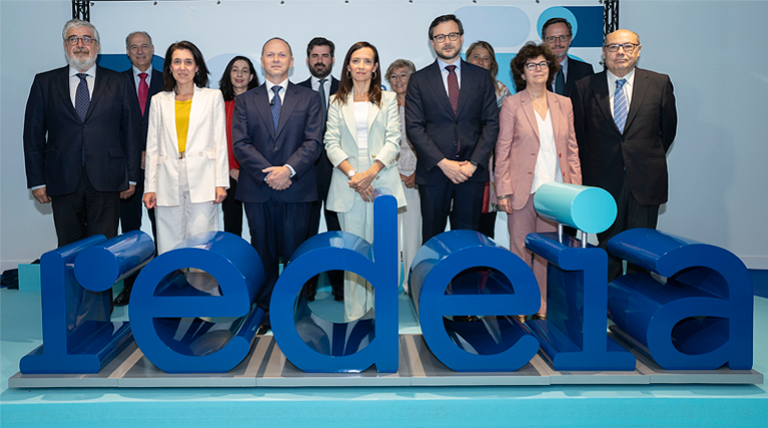We are a global operator of essential infrastructure
The tunnel boring machine Canigó, which has an overall length of 300 metres, has a cutting head with a diameter of 4.3 metres and 11.5 metres long. So far, 150 metres of tunnel have been excavated in the Montesquieu area. This is preparatory work which is necessary so that the tunnel boring machine can begin to bore the northern entrance of the tunnel.
In this way, Canigó joins its identical Spanish counterpart, named Alberes, in the drilling works for the excavation of a tunnel 8.5 kilometres long and 3.5 metres in diameter through the Albéres Massif in the Eastern Pyrenees, which will join La Junquera and Montesquieu-des-Albères. The Spanish tunnel boring machine began to drill in early March 2012 from the southern end of the tunnel and has excavated more than three kilometres.
The two tunnel boring machines have been specially designed and manufactured for this project by the German company Herrenknecht.
The new electricity interconnection, consisting of two 1,000 MW links, is a technological challenge and will link the municipalities of Santa Llogaia (near Figueras) and Baixas (near Perpignan) through a fully underground route of 64.5 km. Due to its length and its special characteristics, the line will use direct current instead of alternating current as is the case of both the Spanish and French electricity systems. Therefore, the project includes the construction of a converter station at each end of the link, to convert direct current into alternating current and vice versa. The commissioning of the electricity link is planned for late 2014.
The new link between Spain and France will promote the economic development of the border regions and will represent a greater security of supply. Furthermore, it will enable the electricity obtained using renewable energy sources to be taken full advantage of and will contribute to the creation of the European electricity market.
The interconnection, that has a budget of 700 million euros, has been declared a project of European interest, and is financed by the European Union with up to 225 million euros within the framework of the EEPR programme (European Energy Programme for Recovery). Also INELFE, Réseau de Transport d'Electricité and Red Eléctrica de España have signed a loan with the European Investment Bank (EIB) in the amount of 350 million euros.














